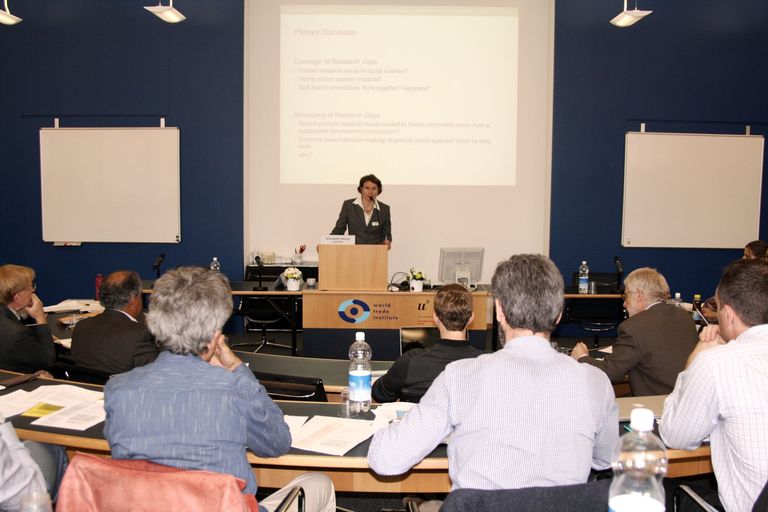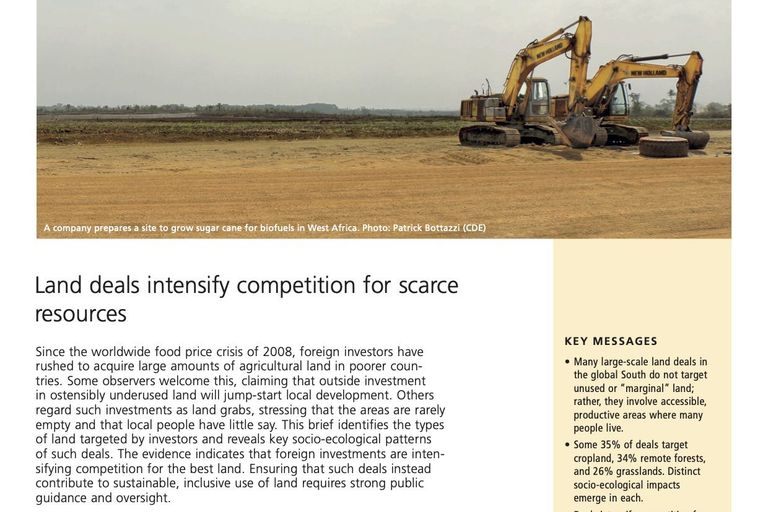Related topics
Transparency in commodities trading: Options for action at the international level and in Switzerland
KFPE was co-organiser of this event, taking place 20 September 2016. The event was meant to provide an overview and stimulate dialogue about potential courses of action and solutions at both international and national level, while also providing different stakeholders (science, industry, NGOs and Members of Parliament) with an opportunity to share their views.

Transparenz im Rohstoffhandel: Internationale und nationale Lösungsansätze
Diese Veranstaltung der Akademien zeigt Hintergründe, präsentiert nationale und internationale Lösungsansätze und diskutiert brennende Fragen.
Switzerland and the Commodities Trade - Taking Stock and Looking Ahead
This factsheet outlines key challenges, knowledge gaps, and research questions centring on Switzerland’s role and potential responsibility as a leading commodity hub. It concludes with suggestions of possible avenues for future research and policy.
The Commodity Sector and Related Governance Challenges from a Sustainable Development Perspective: The Example of Switzerland - Current Research Gaps
The Swiss commodity sector has come under increasing scrutiny in the last few years as a result of the substantial growth experienced by global commodity trade since 2002 and the importance of Switzerland as a leading international commodity trading hub.

Swiss academia engages with commodities and trade
On 21 April 2015, a group of scholars and stakeholders discussed research gaps in the field of commodities and trade at an academic workshop.

Land deals intensify competition for scarce resources
Since the worldwide food price crisis of 2008, foreign investors have rushed to acquire large amounts of agricultural land in poorer coun- tries. Some observers welcome this, claiming that outside investment in ostensibly underused land will jump-start local development. Others regard such investments as land grabs, stressing that the areas are rarely empty and that local people have little say. This brief identifies the types of land targeted by investors and reveals key socio-ecological patterns of such deals. The evidence indicates that foreign investments are inten- sifying competition for the best land. Ensuring that such deals instead contribute to sustainable, inclusive use of land requires strong public guidance and oversight.



